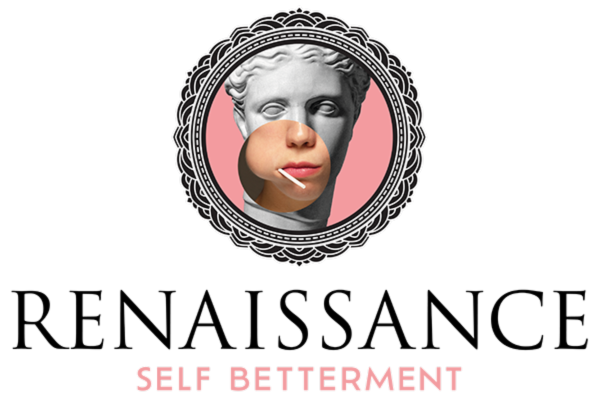A COMPREHENSIVE GUIDE TO UNDERSTANDING THE SIGNS:
Attention Deficit Hyperactivity Disorder, or ADHD, is a neurodevelopmental condition that affects children and adults alike. It's marked by persistent patterns of inattention, hyperactivity, and impulsivity, which can significantly impact an individual's day-to-day life and overall well-being. If you're concerned that your child may be showing signs of ADHD, this guide is here to help you understand the symptoms, causes, diagnosis, and treatment options available.
ADHD symptoms generally fall into two categories: inattentiveness and hyperactivity/impulsivity. Children with inattentiveness may struggle to stay focused, frequently forget things, daydream often, and easily get distracted. Those showing signs of hyperactivity and impulsivity might exhibit excessive talking, restlessness, fidgeting, difficulty waiting their turn, and acting without considering the consequences.
If these symptoms sound familiar, it's essential to remember that all children can display these behaviours at times. However, if such behaviours are persistent and significantly affect your child's life at home, school, or in social situations, it's worth discussing your concerns with a healthcare professional.
The exact causes of ADHD aren't entirely known, but research points towards a blend of genetic, environmental, and neurological factors. Studies have demonstrated that ADHD tends to run in families, suggesting a genetic component. Certain environmental factors such as prenatal exposure to tobacco smoke, premature birth, and low birth weight may also increase the risk of developing ADHD.
Diagnosing ADHD requires a comprehensive evaluation by a healthcare professional, usually a psychiatrist or psychologist. This evaluation includes a thorough assessment of the child's medical history, observation of behaviour, interviews with the child and their family members, and the use of standardised rating scales.
Thankfully, there are several effective treatment options for children with ADHD. These include medications like stimulants and non-stimulants, behavioural interventions such as Cognitive Behavioural Therapy (CBT), and other forms of therapy like social skills training and educational interventions.
Here at Renaissance Self Betterment, we are dedicated to helping individuals realise their true potential. We understand that living with ADHD can pose unique challenges, but with the right support and strategies, children with ADHD can lead fulfilling lives. Our fully accredited online courses provide practical strategies for managing ADHD symptoms and improving organisational skills, time management, and problem-solving abilities. Please click here to read more about our amazing online course for Cognitive Behavioural Therapy (CBT).
If you suspect your child may have ADHD, do not hesitate to seek professional advice. It's crucial to remember that reaching out to healthcare professionals and utilising reliable resources can provide valuable guidance and support. With the right help, your child can thrive and become the best, most authentic version of themselves.
Here are some reputable sources for information on child ADHD in the UK:
NHS - Attention deficit hyperactivity disorder (ADHD)
National Institute for Health and Care Excellence (NICE) - Attention deficit hyperactivity disorder
ADDISS - The National Attention Deficit Disorder Information and Support Service
Royal College of Psychiatrists - ADHD in children and young people
Always consult with healthcare professionals for accurate and personalised advice.

